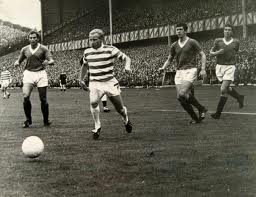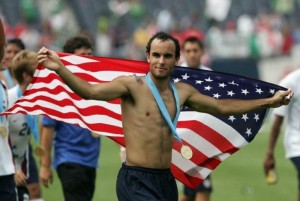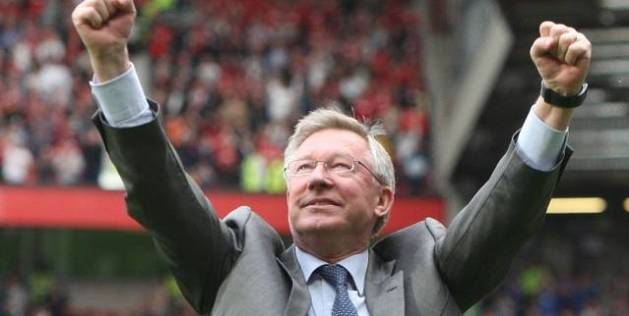 Now that David Beckham has played his last act in an American soccer role, what is next for the Englishman abroad? Having spent the last five years in Hollywood making friends (Tom Cruise and Russell Brand are mates), casting agents must be wondering if Mr. Beckham desires the spotlight of the silver screen.
Now that David Beckham has played his last act in an American soccer role, what is next for the Englishman abroad? Having spent the last five years in Hollywood making friends (Tom Cruise and Russell Brand are mates), casting agents must be wondering if Mr. Beckham desires the spotlight of the silver screen.
I pondered this as I drove to the Los Angeles Galaxy stadium for the MLS Cup Final last Saturday. The team’s ground is located in the city of Carson. “Carson,” I thought, “Where have I heard that name before?”
Then it struck me. Carson is the butler in Downton Abbey. Yes, that was it! Mr. Beckham could start his acting career in Downton Abbey, Masterpiece Theater’s darling smash hit drama set in the snobbery fields of England, on an aristocratic manor cast between the privileged and their servants. But the big question was this? Would he be cast downstairs as a servant known as Becks or be claimed by the aristocracy upstairs as Sir David Beckham of Essex?
Hollywood aristocracy is not the same thing as English Lords and Lady Dowagers delivering lines of caustic sarcasm. So Mr. Beckham would be at a disadvantage when it came to sneering condescension. He always speaks fondly of his humble roots and I don’t mean his immaculate hair.
Furthermore, Mr. Beckham’s accent is not from the plum tree of linguistic fruits. He does not replace his “r” with an “h” as in, “Dahling, pass the sugar.” His timbre would immediately betray him as lower social class in England’s grand scheme of manners. The only thing going for him upstairs is the fact that he is married to Mrs. Victoria Beckham, also known as Posh in the Spice Girls. Her moniker may not be enough to fool the Lords of the manor, however.
So it seems Mr. Beckham may be destined for a role with the servants under the stairs. No doubt, he has been a loyal servant to soccer both in the States and in his native England. He served his country scores of times on the soccer field and off. He carried the Olympic torch at the recent Olympics, transporting the flame by speedboat up the River Thames in London.
But what role would he have as a servant at Downton Abbey? Surely not just Footman Becks bending his elbow to serve the aristocrats their garden peas at dinner. Becks would have to be higher up the food chain, perhaps as a junior butler, serving under Mr. Carson. Think of it as the same type of relationship Mr. Beckham had with Mr. Alex Ferguson, his “soccer father” and coach while he played at Manchester United. Learn a trade, son.
But the butler remains the butler until his service ends with the grave. Mr. Beckham represents a more mobile type of man, an iconoclast. Perhaps he would be better cast as the chauffer who falls in love with one of the Ladies of the Abbey and marries into the family. No longer called Becks by the masters but accepted as David. Too late – an Irishman already played that part.
That leaves being a valet to one of the Lords of the higher orders, dressing him for breakfast, lunch, dinner, supper, and bed. But one can’t see Mr. Beckham dressing others when he is a fashion model himself. Nor can we imagine him putting the toothpaste on the toothbrush for his Lordship. Perhaps Downton Abbey is not the show for Mr. Beckham after all. Maybe the similar Masterpiece drama, Upstairs Downstairs, is a better option? Now let’s see, who could he play in that?
Alan Black writes a weekly soccer column, on Friday, for the San Francisco Chronicle. He is the author of the memoir, Kick the Balls.








